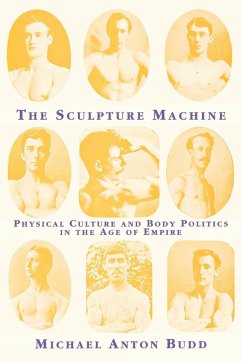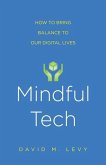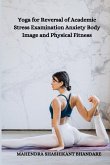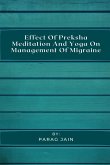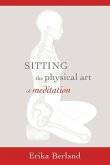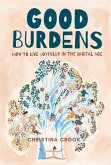During the early 1800s, inventor James Watt occupied his final years attempting to develop a mechanical system for copying sculptures of the human body. Though Watt's sculpture machine was never completed (and would, in any event, have eventually been made obsolete with the advent of photography), Watt's quest serves as an incisive metaphor for the subsequent body politics of the nineteenth century. As the modern world emerged, contemporary conceptions of physicality remained rooted in the classical tradition as they were simultaneously influenced by the technological forces of industry and revolution. From Victorian reform to post-World War I physical efficiency, Michael Budd's The Sculpture Machine traces this tension between the atavistic and modern in an engaging narrative analysis of physical culture. In this highly original study of body politics, Budd links the personal and the political in a juxtaposition of popular body images and activities with the discourses of imperialism, degeneracy and social reform. He foregrounds the rise of physical culture postcards, magazines and products by examining longstanding traditions of strength performance and the growing popularity of music hall body builders in the late 1800s. In the physical culture media itself, he uncovers elements of the consumer dynamic that shaped the twentieth-century tabloid-press as well as early gay-coded publications.

